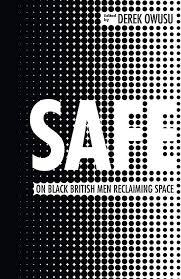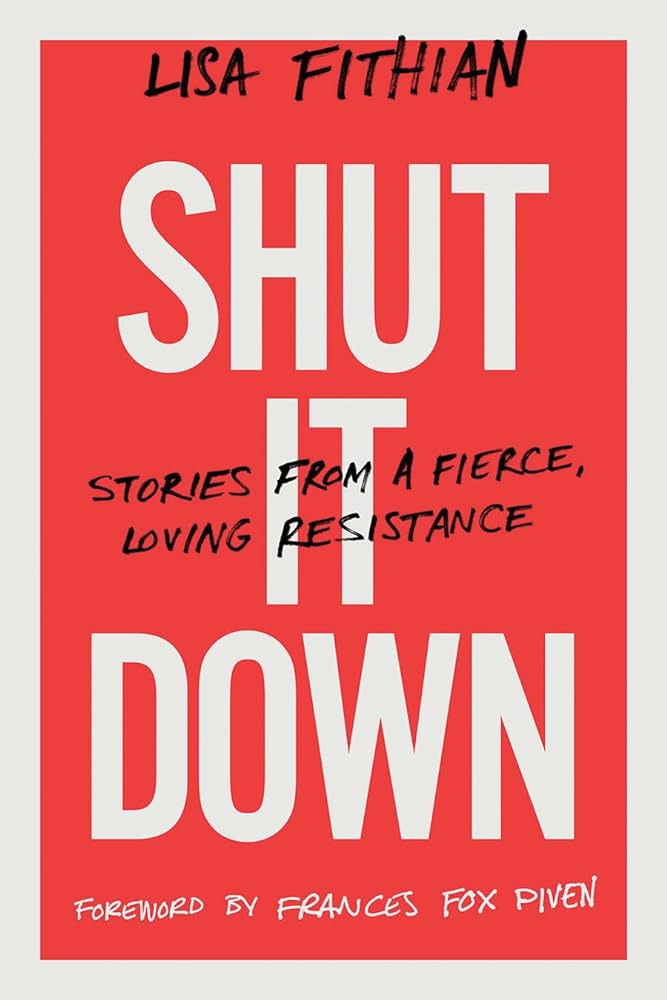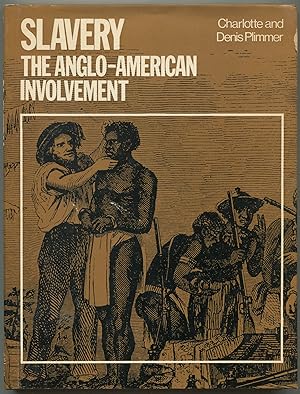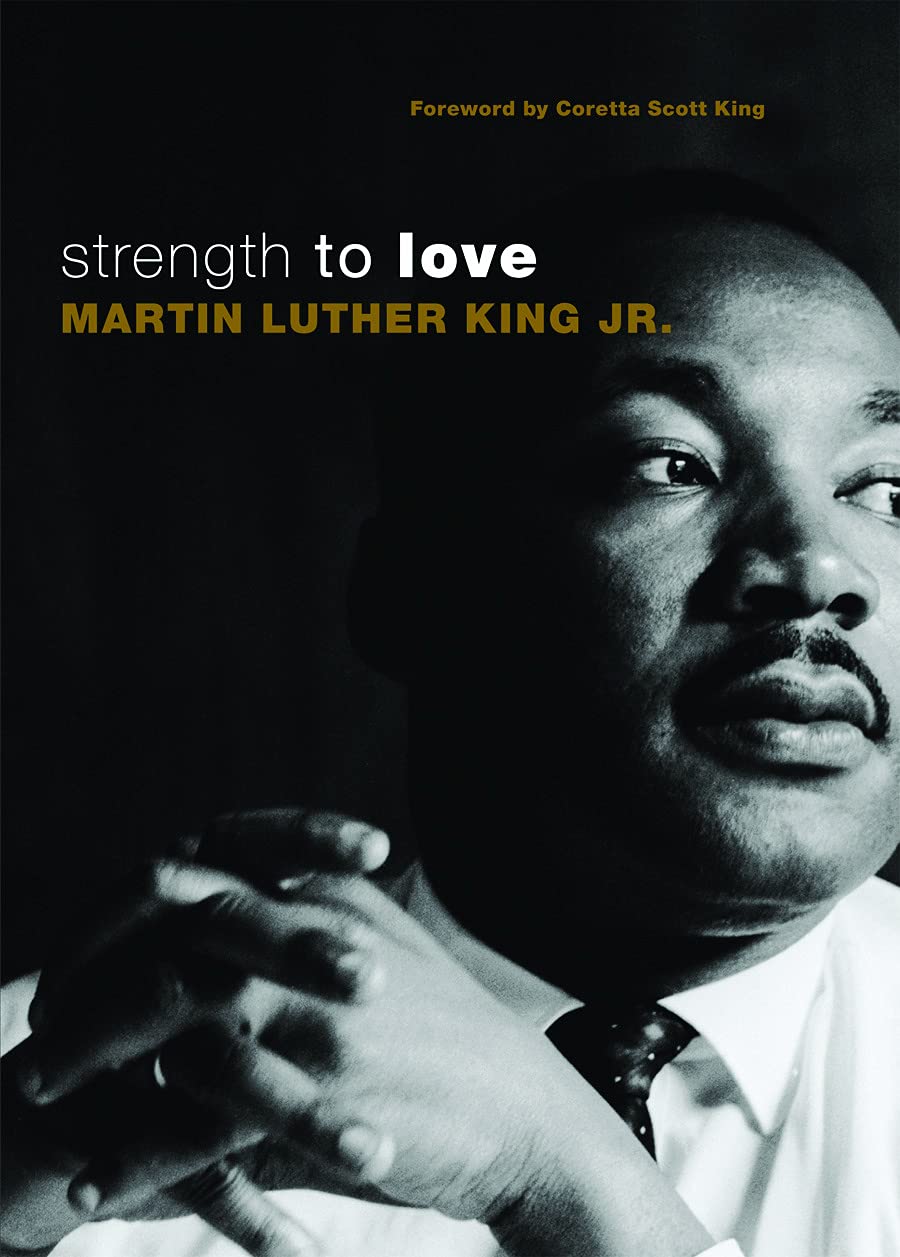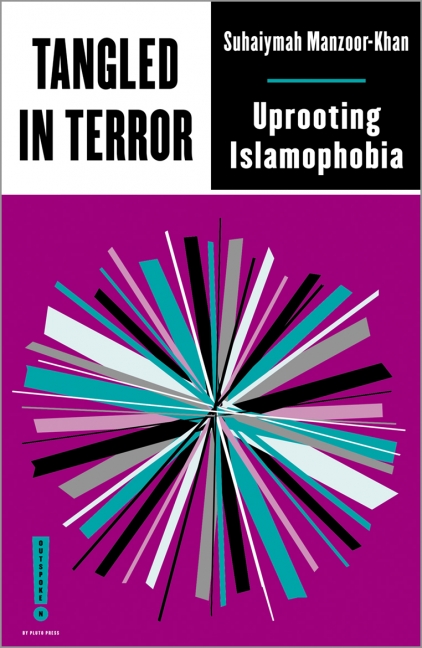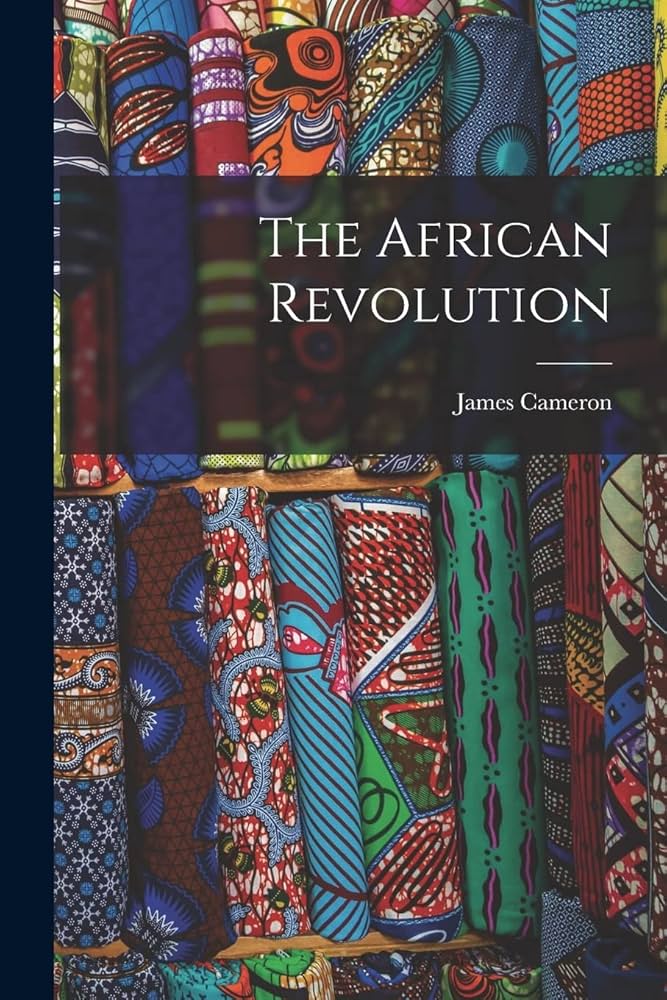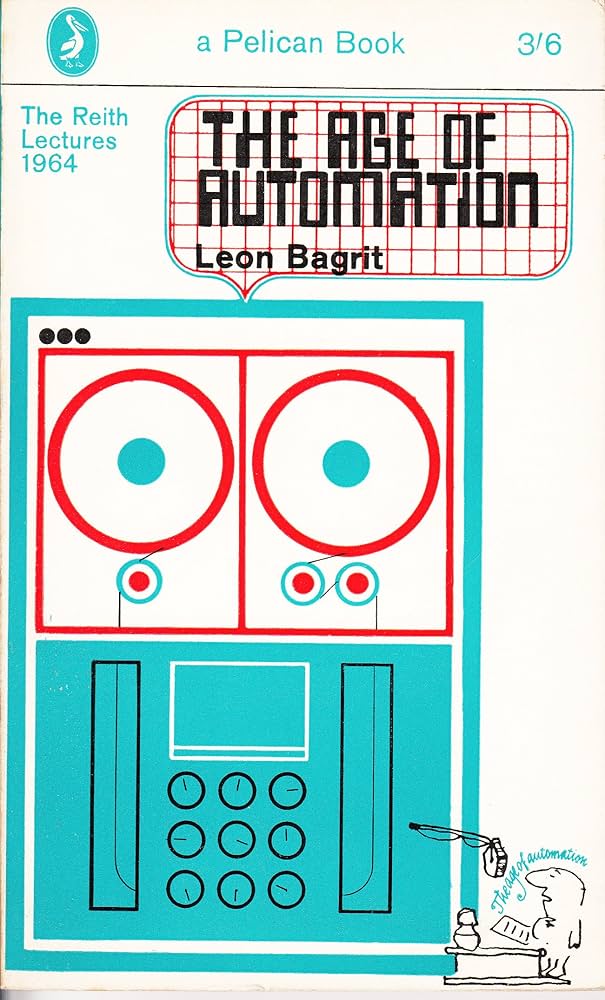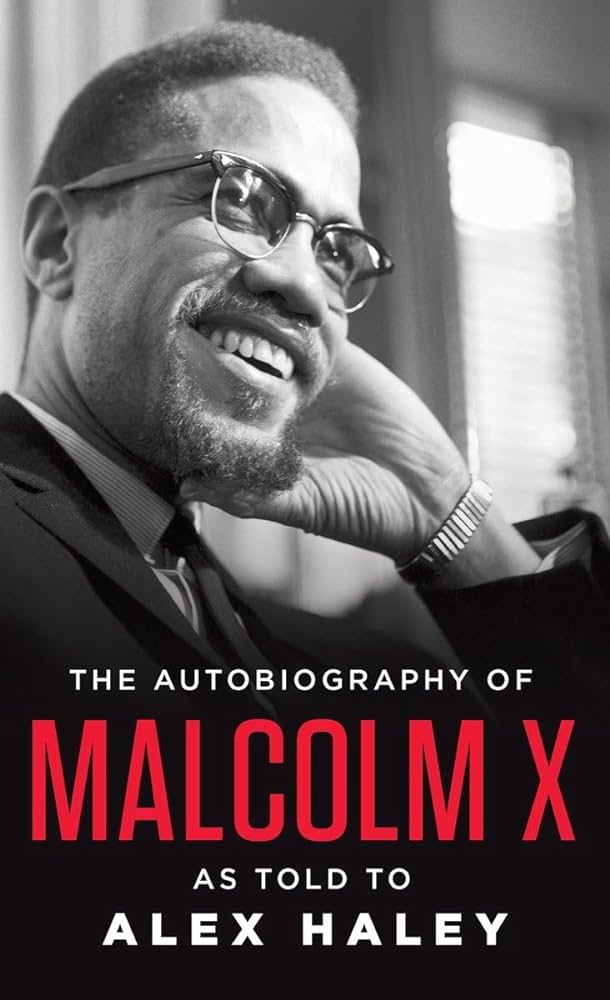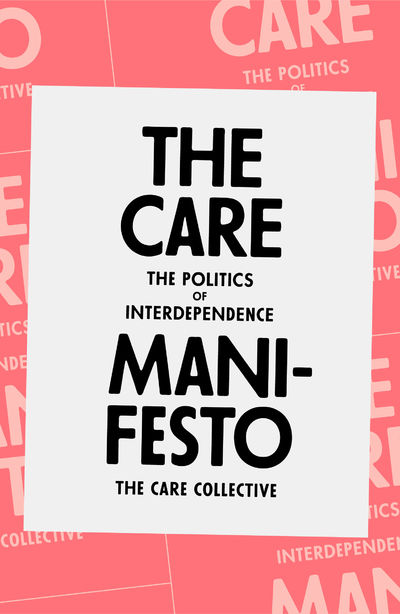What is the experience of Black men in Britain? With continued conversation around British identity, racism and diversity, there is no better time to explore this question and give Black British men a platform to answer it. SAFE: On Black British Men Reclaiming Space is that platform. Including essays from top poets, writers, musicians, actors and journalists, this timely and accessible book brings together a selection of powerful reflections exploring the Black British male experience and what it really means to reclaim and hold space in the landscape of our society.*
For decades, Lisa Fithian's work as an advocate for civil disobedience and nonviolent direct action has put her on the frontlines of change. Described by Mother Jones as the nation s best-known protest consultant, Fithian has supported countless movements including the Battle of Seattle in 1999, rebuilding and defending communities following Hurricane Katrina, Occupy Wall Street, and the uprisings at Standing Rock and in Ferguson. For anyone who wants to become more active in resistance or is just feeling overwhelmed or hopeless, Shut It Down offers strategies and actions you can take right now to promote justice and incite change in your own community. In Shut It Down Fithian shares historic, behind-the-scenes stories from some of the most important people-powered movements of the past several decades. She shows how movements that embrace direct action have always been, and continue to be, the most radical and rapid means for transforming the ills of our society. Shut It Down is filled with instructions and inspiration for how movements can evolve as the struggle for social justice continues in the Trump era and beyond. While recognizing that electoral politics, legislation, and policy are all important pathways to change, Shut It Down argues that civil disobedience is not just one of the only actions that remains when all else fails, but a spiritual pursuit that protects our deepest selves and allows us to reclaim our humanity. Change can come, but only if we re open to creatively, lovingly, and strategically standing up, sometimes at great risk to ourselves, to protect what we love.
Slavery: The Anglo-American Involvement is less a traditional history book than a documentary in the radio or television sense. Relying entirely on contemporary records and manuscripts, the authors have created a vivid and readable narrative describing the slave trade which lasted almost 400 years and involved ten white nations and hundreds of black tribal rulers. This book concentrates on the roles played by the English and the Americans
Islamophobia is everywhere. It is a narrative and history woven so deeply into our everyday lives that we don't even notice it – in our education, how we travel, our healthcare, legal system and at work. Behind the scenes it affects the most vulnerable, at the border and in prisons. Despite this, the conversation about Islamophobia is relegated to microaggressions and slurs. Suhaiymah Manzoor-Khan reveals how Islamophobia not only lives under the skin of those who it marks, but is an international political project designed to divide people in the name of security, in order to materially benefit global stakeholders. It can only be truly uprooted when we focus not on what it is but what it does. Tangled in Terror shows that until the most marginalised Muslims are safe, nobody is safe.
This work has been selected by scholars as being culturally important and is part of the knowledge base of civilization as we know it.
This work is in the public domain in the United States of America, and possibly other nations. Within the United States, you may freely copy and distribute this work, as no entity (individual or corporate) has a copyright on the body of the work.
Scholars believe, and we concur, that this work is important enough to be preserved, reproduced, and made generally available to the public. To ensure a quality reading experience, this work has been proofread and republished using a format that seamlessly blends the original graphical elements with text in an easy-to-read typeface.
We appreciate your support of the preservation process, and thank you for being an important part of keeping this knowledge alive and relevant.
First published in 2001, this book brings together all of Arundhati Roy's political writings so far. This revised paperback edition includes two new essays, written in early 2002: 'Democracy: Who's She When She's Not at Home', which examines the horrific communal violence in Gujarat, and 'War Talk: Summer Games with Nuclear Bombs', about the threat of nuclear war in the Subcontinent.
In the searing pages of this classic autobiography, originally published in 1964, Malcolm X, the Muslim leader, firebrand, and anti-integrationist, tells the extraordinary story of his life and the growth of the Black Muslim movement. His fascinating perspective on the lies and limitations of the American Dream, and the inherent racism in a society that denies its nonwhite citizens the opportunity to dream, gives extraordinary insight into the most urgent issues of our own time. The Autobiography of Malcolm X stands as the definitive statement of a movement and a man whose work was never completed but whose message is timeless. It is essential reading for anyone who wants to understand America.
We are in the midst of a global crisis of care. How do we get out of it?
The Care Manifesto puts care at the heart of the debates of our current crisis: from intimate care—childcare, healthcare, elder care—to care for the natural world. We live in a world where carelessness reigns, but it does not have to be this way.
The Care Manifesto puts forth a vision for a truly caring world. The authors want to reimagine the role of care in our everyday lives, making it the organising principle in every dimension and at every scale of life. We are all dependent on each other, and only by nurturing these interdependencies can we cultivate a world in which each and every one of us can not only live but thrive.
The Care Manifesto demands that we must put care at the heart of the state and the economy. A caring government must promote collective joy, not the satisfaction of individual desire. This means the transformation of how we organise work through co-operatives, localism and nationalisation. It proposes the expansion of our understanding of kinship for a more 'promiscuous care'. It calls for caring places through the reclamation of public space, to make a more convivial city. It sets out an agenda for the environment, most urgent of all, putting care at the centre of our relationship to the natural world.

